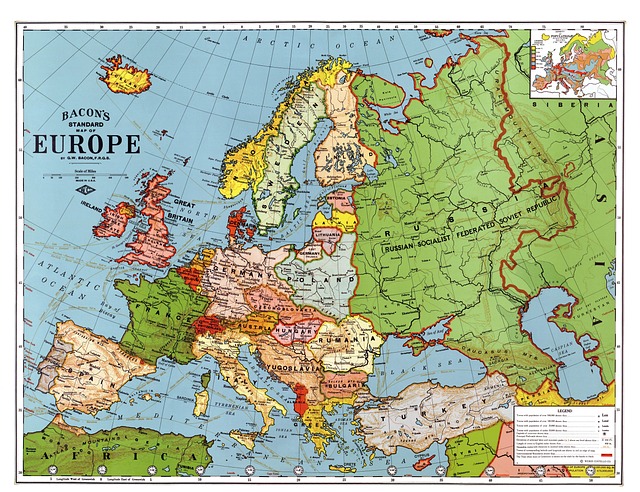
What is Continental Philosophy?
Continental Philosophy is a broad philosophical tradition that emerged in the 19th and 20th centuries in continental Europe, primarily in France and Germany. It is often contrasted with Analytic Philosophy, which developed mainly in the English-speaking world. Continental Philosophy covers a wide range of topics, including metaphysics, epistemology, ethics, politics, and aesthetics. It is characterized by its focus on the human condition, existentialism, and hermeneutics. Continental Philosophers often engage with and draw upon a variety of other disciplines, such as psychoanalysis, literary theory, and phenomenology, in order to provide a more comprehensive understanding of the world and human experience. Some of the most notable Continental Philosophers include Friedrich Nietzsche, Martin Heidegger, Jean-Paul Sartre, Jacques Derrida, Michel Foucault, and Gilles Deleuze. Continental Philosophy continues to be an influential and vibrant tradition in contemporary philosophical discourse.
- Immanuel Kant – One of the most important figures in the history of Western philosophy, known for his Critique of Pure Reason, Critique of Practical Reason, and Critique of Judgment. Stanford Encyclopedia of Philosophy page
- Friedrich Nietzsche – Known for his critiques of morality and religion, and his ideas on the will to power, the eternal recurrence, and the Übermensch. Nietzsche Source
- Martin Heidegger – Known for his contributions to existentialism and his exploration of the question of Being. Heidegger Online
- Jean-Paul Sartre – A leading figure in existentialism, known for his work on freedom, responsibility, and the human condition. Internet Encyclopedia of Philosophy page
- Michel Foucault – Known for his critiques of power, knowledge, and the nature of social institutions, such as prisons, hospitals, and asylums. Foucault Society
- Jacques Derrida – Known for his contributions to deconstruction and his critiques of structuralism and the Western philosophical tradition. International Journal of Derrida Studies
- Simone de Beauvoir – Known for her contributions to feminist philosophy and her work on gender, sexuality, and ethics. Simone de Beauvoir Society
- Hannah Arendt – Known for her work on totalitarianism, the nature of power, and the meaning of political action. Hannah Arendt Center for Politics and Humanities
- Maurice Merleau-Ponty – Known for his contributions to phenomenology and his exploration of embodied perception and the nature of consciousness. Merleau-Ponty Circle
- Emmanuel Levinas – Known for his ethics of the Other and his exploration of the relationship between the self and the Other. Levinas Studies